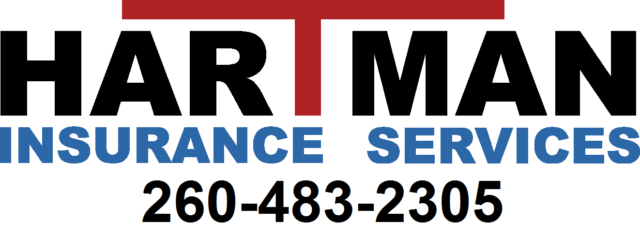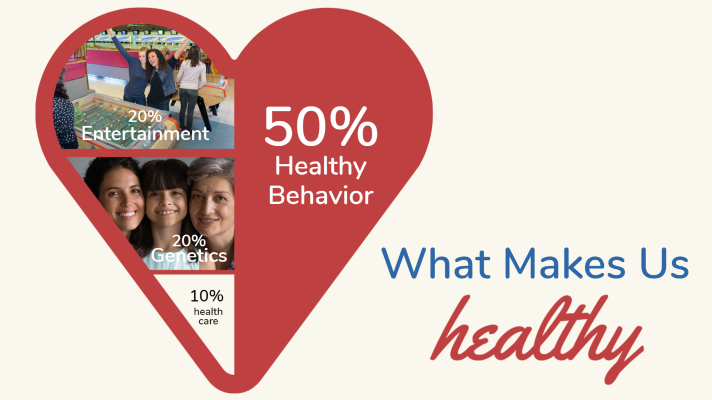What Makes Us Healthy
April is alcohol awareness month, and we want to talk about alcohol and your health! The info graph pictured above shows that 50% of our overall health is determined by our healthy behavior. What we do everyday matters towards our overall health. We all know that drinking too much can harm your health. But what is considered too much? Do you know how many ounces are in a standard drink or what is considered excessive drinking versus moderate drinking? Knowing these standards and facts can help you improve your health.
According to the CDC, In the United States, a standard drink contains 0.6 ounces (14.0 grams or 1.2 tablespoons) of pure alcohol. For example, a 12-ounce can of beer has 5% alcohol content, and 5-ounce glass of wine has 12% alcohol content. More examples can be found here.
Excessive drinking includes binge drinking, heavy drinking and any drinking by pregnant women or people younger than 21. Binge drinking is the most common of excessive drinking and is defined as consuming: for women, 4 or more drinks during a single occasion; and for men, 5 or more drinks during a single occasion. Most people who drink excessively are not alcoholics or alcohol dependent. To be considered a heavy drinker: for women, 8 or more drinks per week; and for men, 15 or more drinks per week. Moderate drinking: for women, 1 drink or less in a day; for men, 2 drinks or less in a day.
Listed below are people who should not drink any alcohol:
* Younger than age 21.
* Pregnant or may be pregnant.
* Driving, planning to drive, or participating in other activities requiring skill, coordination, and alertness.
* Taking certain prescriptions or over the counter medications that can interact with alcohol.
* Suffering from certain medical conditions.
* Recovering from alcoholism or are unable to control the amount they drink.
Consult your personal health care provider if you feel you or someone you know has a drinking problem. Other resources include the National Drug and Alcohol Treatment Referral Routing Service, available at 1-800-662-HELP. This service can provide you with information about treatment programs in your local community and allow you to speak with someone about alcohol problems.
260-483-2305
info@hartmaninsuranceservices.com

